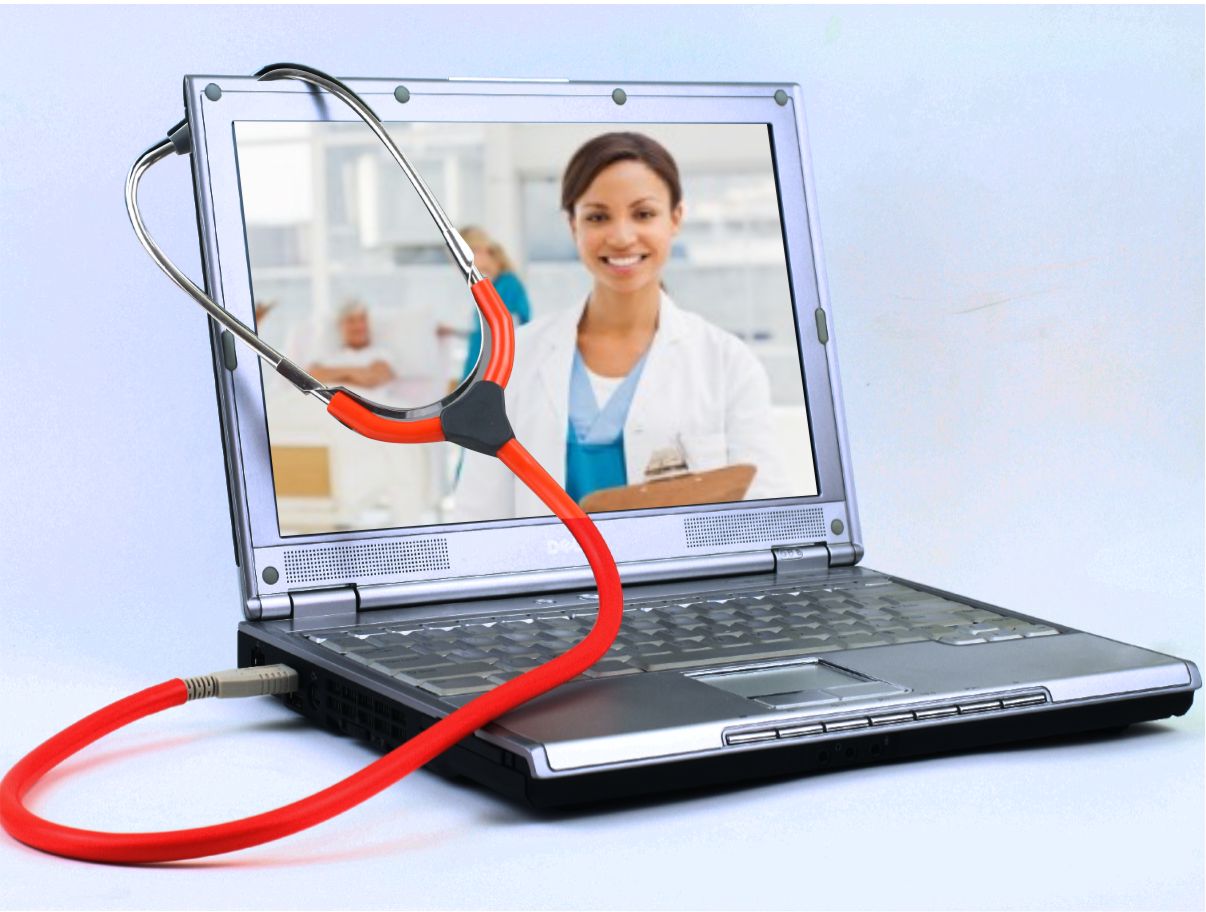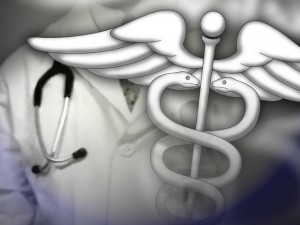Health is rooted in everyday life. If you, or any of our family members become ill, you lose the focus on what is important to you—learning, providing for our family, building a home and family, and realizing our true potential.
In order for you to do all those things, you must take better care of our health. Therefore, the importance of healthcare insurance cannot be minimized. No one plans to get sick or hurt, but most people need medical care at some point in their lives. When that happens, when you need to see a doctor, you can afford to go with healthcare insurance.
Health insurance is there for the unpredictable, unexpected, and fundamentally uncontrollable problems the come up in people’s lives. You pay for it but you hope that you will never need it. And although you are still young and healthy, you will never know when you will require medical care.
One of the reasons why it is important to get health insurance is to avoid the risk of a financial ruin. When an unexpected medical care is needed such as in a sudden or serious illness or a traumatic event, paying high medical bills is expected. The inability to pay these bills is one of the reasons why people file for bankruptcy which can ruin your credit history and set you back for years.
Another reason is to have access to preventive and primary care. This means you are more likely to stay healthy and catch health problems early. The earlier an illness is detected, they are easier and less expensive to treat. Even young people benefit from this kind of healthcare coverage.
There are many other reasons why health insurance is important even if you are not sick. Having good health insurance provides you with an affordable way to get medical care when you need it.



